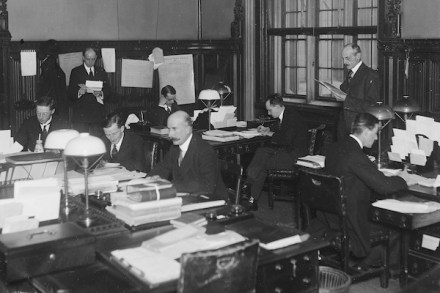Slashing and burning the civil service, or just skimming off the top?
Are Francis Maude’s £5.5bn savings in central government spending a significant step forward in his battle to shrink the public sector? In today’s Telegraph, the Cabinet Office minister explains the beneficiaries and sources of the latest cutbacks: Today I can announce that in 2011-12 we saved £5.5 billion. This is the equivalent of around £500 for each working household in Britain or enough money to fund 1.6 million primary school places. How did we make these savings? Within the first days of this Government we introduced tough temporary spending controls. These limited expenditure on IT contracts, property, marketing, temporary staff and consultancy. While civil service spending has steadily decreased — £3.75bn alone was saved in




















